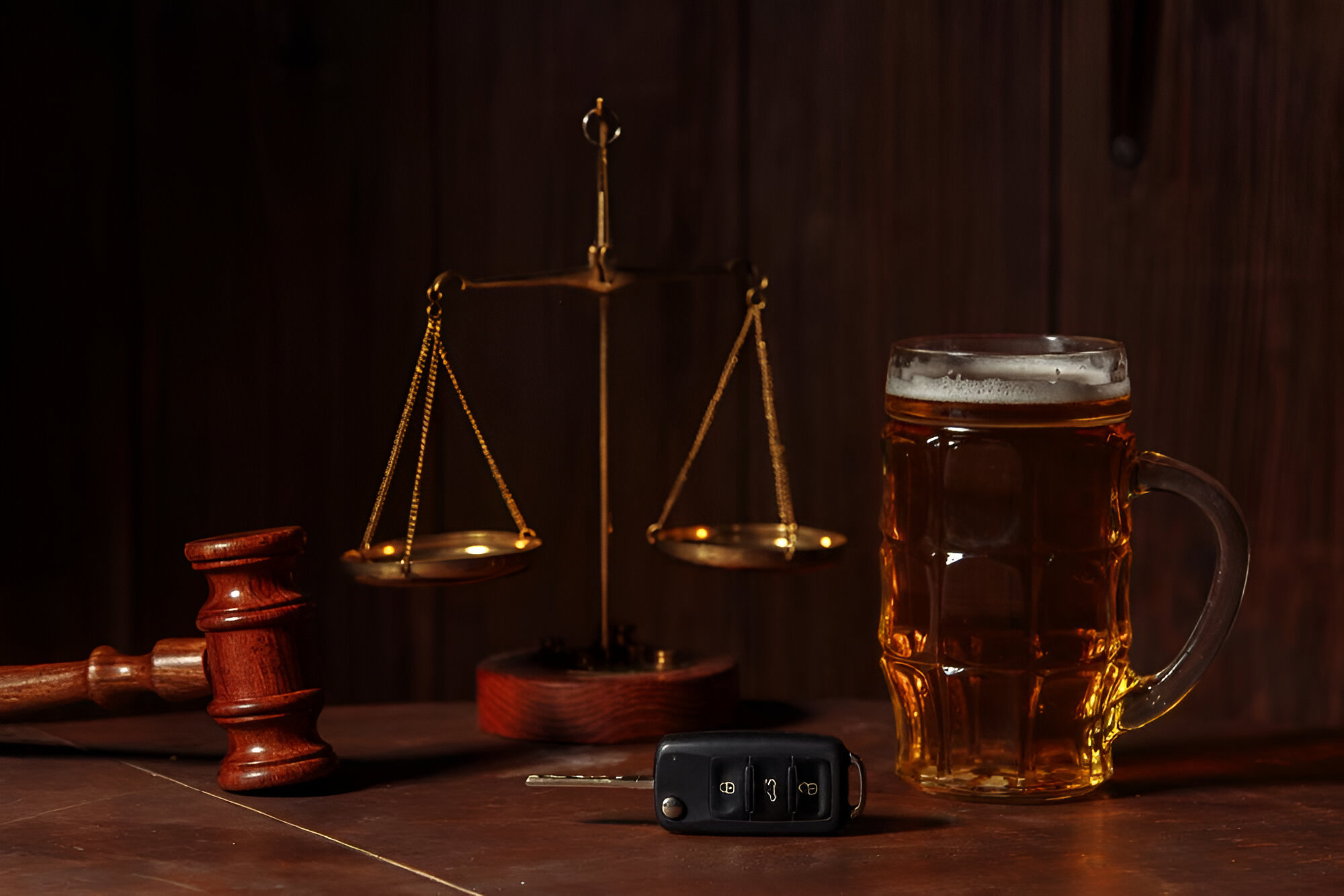Ignition Interlocks Available for 1st Time Offenders
As reported by The Morning Call, in May 2016, Pennsylvania Governor Tom Wolf signed legislation that will make changes to Pennsylvania’s existing DUI law, particularly as it relates to ignition interlock devices. An ignition interlock device is a machine that requires a driver to blow into it before the driver can start his or her car. If the device detects alcohol at a level greater than or equal to .025 percent Breath Alcohol Concentration (BrAC), the device will prevent the vehicle from starting. Currently, only those motorists convicted of a 2nd DUI within 10 years are required to obtain an ignition interlock device. The new law, Senate Bill 290, makes major changes to the law such that certain motorists convicted of a 1st offense DUI will have an option to
Applicable First-Time Offenders
Drivers who have not been convicted previously of DUI within the preceding 10 years would be immediately eligible for an IILL.
Persons who have a 12-month license suspension pursuant to a DUI conviction must first serve six months of the suspension before becoming eligible.
Those with an 18-month license suspension pursuant to a DUI conviction must first serve nine months of the suspension before becoming eligible.
An employment exception exists for those who are under an IILL.
If a person with an IILL must, in the scope of his employment, operate a motor vehicle owned by the employer, he does not have to have an ignition interlock installed.
However, there is no employment exception if the employer-owned vehicle is made available for the employee’s personal use, or if the work vehicle is wholly or partially owned or controlled by the affected employee.
The new ignition interlock law will apply to motorists who are pulled over and a breathalyzer or other chemical test registers the driver’s BAC level as 0.10 percent or higher. (Recall that Pennsylvania’s legal limit is 0.08 before a motorist in Pennsylvania can be convicted of a DUI). The law will not affect motorists who are pulled over with a BAC under 0.10, i.e. a General Impairment DUI. Under Pennsylvania’s existing law, ignition interchange devices are not required for first-time DUI offenders, no matter their BAC. Instead, they were only required for those who were convicted of a second DUI conviction. The changes to Pennsylvania’s DUI laws go into effect in August 2017.
Justifications for the New Requirements Under Pennsylvania Law
In support of the new law, the Pennsylvania DUI Association, a non-profit organization that tracks the statistics of all ignition interlock devices installed in Pennsylvania for the Pennsylvania Department of Transportation, noted that more ignition interlock devices prevented more than 53,000 failed attempts to start a car by motorists who previously had DUI convictions who had the devices installed in their vehicles. According to the most recent statistics from the Pennsylvania Department of Transportation, the number of accidents in the Commonwealth involving a drunken driver increased close to 5 percent between 2013 and 2014, the most recent year for which data is available. Nevertheless, even though the total of such accidents increased to a total of 10,550 during that period, the number of deaths in the Commonwealth attributable to drunken driving decreased 14 percent to 333 in 2014.





